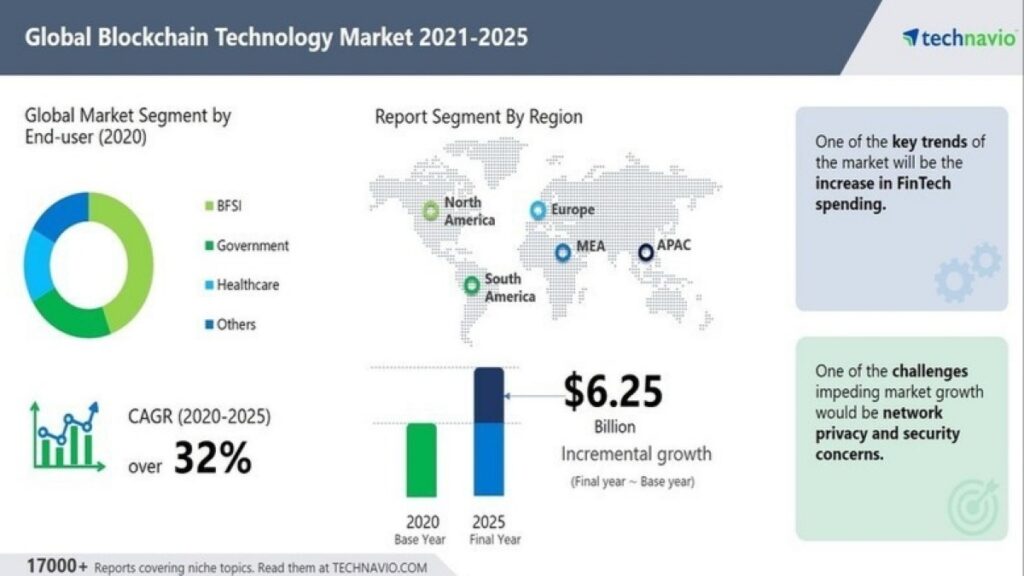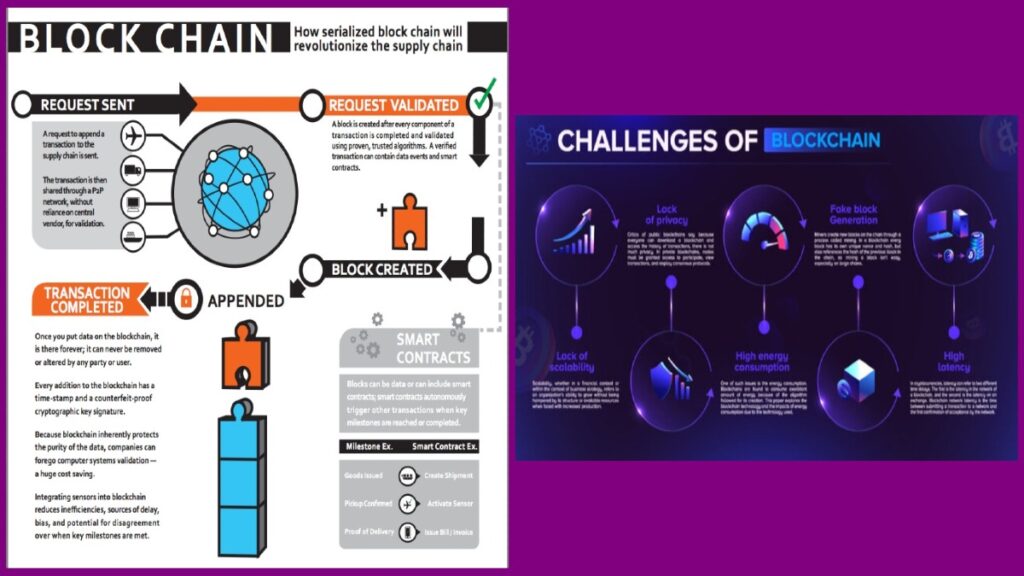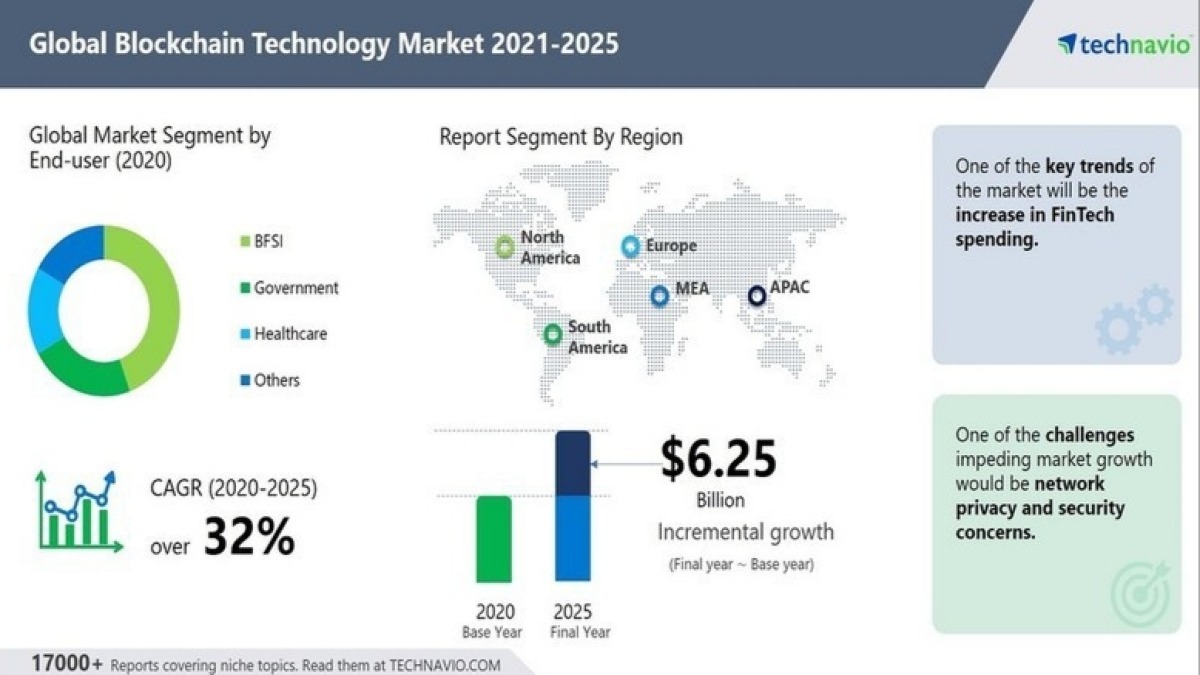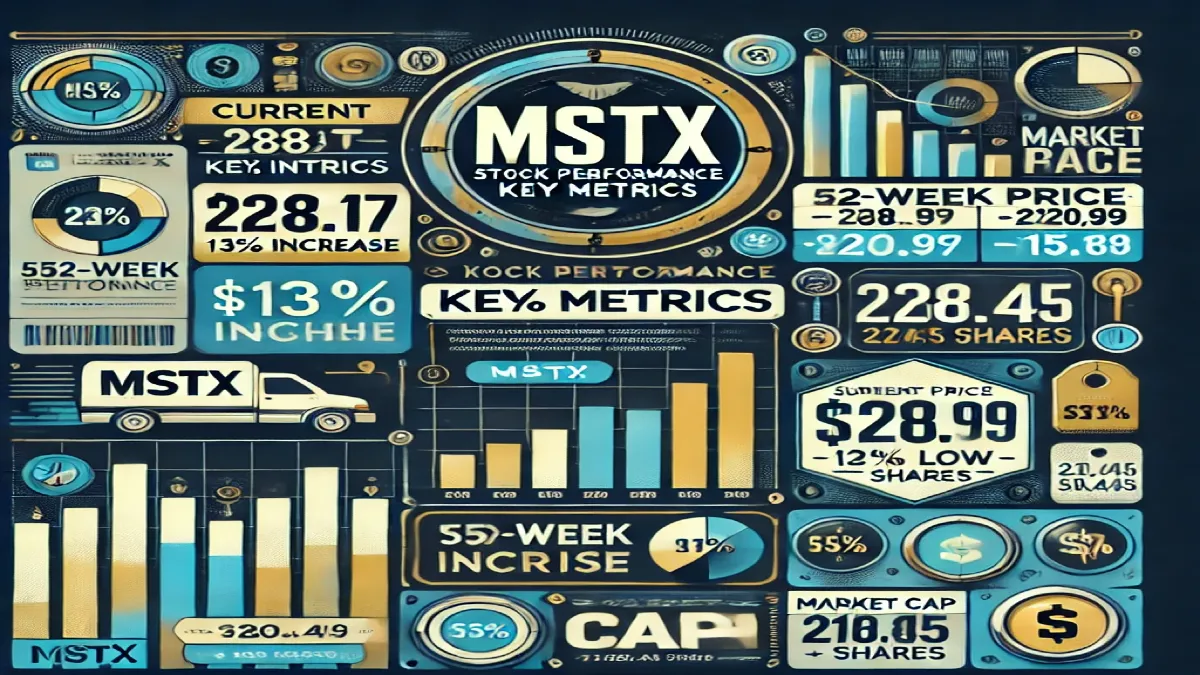As we step into 2025, blockchain technology is revolutionizing industries worldwide with its decentralized, secure, and transparent solutions. From transforming financial systems to enhancing supply chain management, blockchain is reshaping how businesses operate and interact with consumers.
This article delves into the latest developments, market impact, challenges, and future prospects of blockchain technology in 2025.
Key Developments & Background
Blockchain technology has undergone significant evolution, with 2024 marking a pivotal year for its growth. The integration of blockchain with Artificial Intelligence (AI) and Web3 is accelerating, enabling smarter, more efficient systems. Decentralized Finance (DeFi) continues to expand, offering financial services directly through smart contracts, eliminating intermediaries like banks. Additionally, Blockchain-as-a-Service (BaaS) is gaining traction, simplifying blockchain implementation for businesses.
According to Carlo de Meijer, “2025 will see existing blockchain services gain massive adoption, particularly tokenized real-world assets, DeFi, and crypto ETFs.” Central Bank Digital Currencies (CBDCs) are also emerging as a significant trend, aiming to enhance payment systems and financial inclusion.

Market/Industry Impact
The impact of blockchain on various industries is profound. In finance, DeFi platforms are exploring enhanced risk management tools, including decentralized insurance and AI-driven credit scoring. This expansion enables DeFi protocols to offer financial products that mirror traditional markets while maintaining decentralization.
In supply chain management, blockchain is being used for end-to-end product tracking, ensuring authenticity and reducing fraud. Large corporations are integrating blockchain technology into their operations to enhance transparency and security.
Comparison with Alternatives or Past Events
| Technology | Key Features | Impact |
|---|---|---|
| Blockchain | Decentralized, Secure, Transparent | Financial Systems, Supply Chain Management |
| Traditional Banking | Centralized, Intermediaries Involved | Limited Transparency, Higher Transaction Costs |
| AI-Powered Systems | Intelligent Decision Making | Enhanced Efficiency, Data Privacy Concerns |
Challenges & Future Prospects
Despite its potential, blockchain faces challenges such as scalability, interoperability, and environmental sustainability. Innovations like Layer 2 solutions and energy-efficient consensus mechanisms are addressing these issues. The future of blockchain looks promising, with increased adoption expected across industries.

Opportunities & Stakeholder Impact
Blockchain technology offers enhanced security, transparency, and efficiency, leading to cost savings and improved customer trust. For investors, blockchain-based financial products provide new avenues for diversification and higher returns. Policymakers can leverage blockchain to create more transparent and efficient governance systems.
Also Read | https://bitcoinnewspro.com/how-institutional-irreal-world-asset-tokenization-growth-in-2025-news/?i=1
Conclusion & Call-to-Action
In conclusion, blockchain technology is transforming the world by revolutionizing financial systems, enhancing supply chain transparency, and offering decentralized solutions. As we move forward in 2025, it’s crucial to stay updated on the latest trends and innovations in blockchain. Follow further reports and engage in discussions to explore how blockchain can benefit your business or investments.



